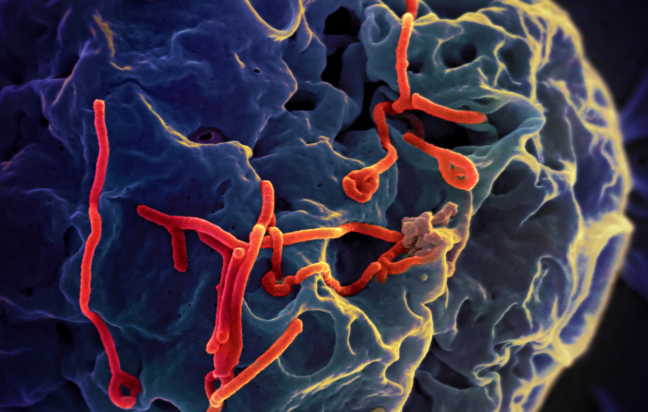After closing People for the Ethical Treatment of Animals’ case against the University of Wisconsin only last week, a letter from a former UW animal lab veterinarian may prompt the federal government to re-assess their decision.
United States Department of Agriculture Spokesperson, David Sacks, said in an email to The Badger Herald the letter sent by former UW Veterinarian Richard Brown on Friday “may lead to another focused inspection or re-evaluation.”
The letter was sent in response to USDA’s clear inspection report to PETA’s complaint of alleged unethical cat research violations, Brown said. The letter denoted specific protocol violations, in addition to Brown’s firsthand experience with the university throughout the case.
According to the letter, Brown was in communication with various divisions of the university regarding his concerns and was the “only veterinarian to file a minority opinion from this institution.”
According to Sacks, Brown’s letter appeared to provide the USDA with additional information, previously unknown during the time of original inspection.
However, Director of the Research Animal Resource Center Eric Sandgren said he found no new details after reviewing the letter.
“I don’t know what is new information here,” Sandgren said. “When I look at this, I don’t see any new information.”
In addition to not finding any original content in the letter, Sandgren also said some of the letter contained inaccurate information regarding Brown’s communication with the university.
According to the letter, Brown informed both the UW School of Medicine and Public Health Institutional Animal Care and Use Committee and asked the USDA to review the minutes recorded.
However, according to Sandgren, upon archival search, no such evidence is currently found.
“Without the evidence, there is no support,” Sandgren said. “There was an exceptionally strong review, very focused on the surgical records, which was part of the investigation already.”
Sandgren also added although Brown was associated with the cat research, he was not the “principle,” but rather one of many who worked mainly as an on-call veterinarian during this specific research project.
In both an interview with The Badger Herald and in his letter to the USDA, Brown vocalized the alleged research violations were “an act that led to [his] leaving UW-Madison.”
However, Sangdren emphasized Brown was not fired, but rather resigned from his position. He added there has been very little turnaround in the veterinarian department. Only one veterinarian, who was not affiliated with the RARC, was fired many years ago.
Sandgren also added PETA’s complaints were based on the 2008 protocol, which has since been updated for 2012.
Although PETA Spokesperson Justin Goodman said the change in protocol does not “negate the fact that it was wrong” at the time of research, Sandgren maintains the university was never in the wrong.
Even with the old protocol, Sandgren said the veterinarian team “did the best they could” and “were trying extremely hard to treat the animals” especially in response to claims about chronic bacteria.
According to Sacks, the USDA has taken the matter into consideration and will approach the development seriously.
“At USDA, we take all matters involving the Animal Welfare Act very seriously, so we will look into this matter further and will decide on the most appropriate course of action,” Sacks said. “Ensuring the welfare of the animals we regulate is at the heart of everything we do.”
The university has not released a statement, Sandgren said.












